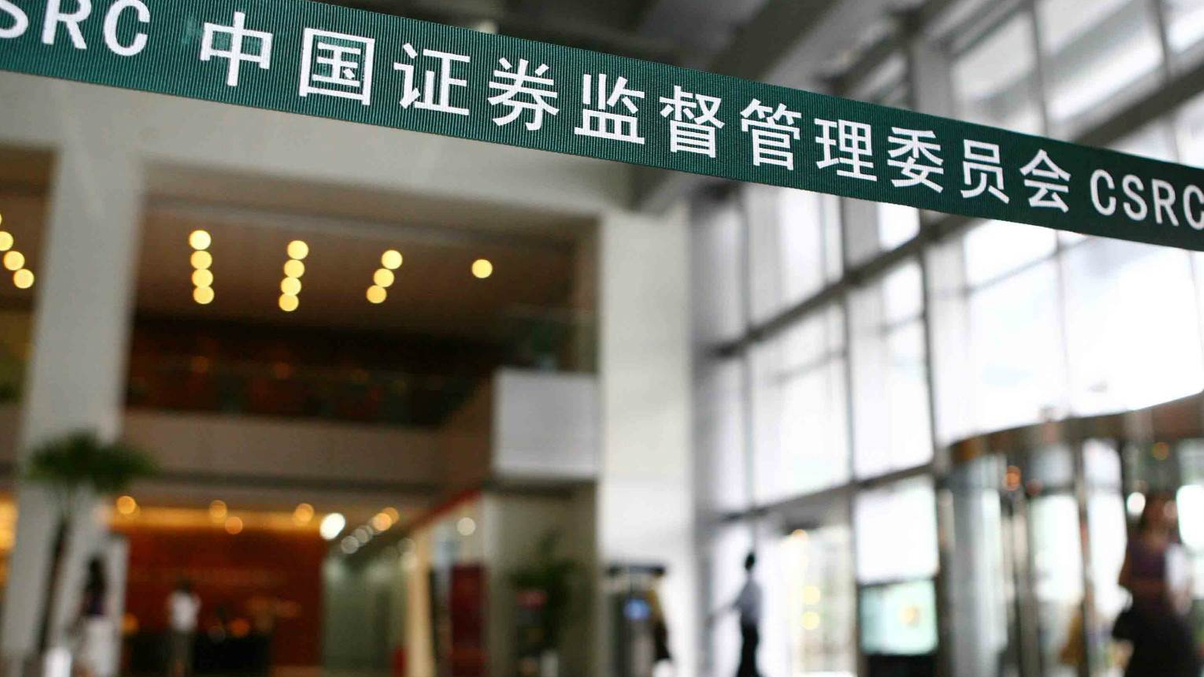Wave of deregistrations coming for China private fund firms
Financing providers have been registering as private fund managers in China purely to raise capital. New rules aim to put a stop to this, and further measures are said to be on the way.

As many as two-thirds of China’s private fund managers may be de-registered as a result of the latest crackdown on the sector, aimed at preventing illegal fundraising and strengthening supervision of the industry. This comes amid greater scrutiny of private capital after the Ezubao P2P ponzi scheme emerged in late January.
Sign in to read on!
Registered users get 2 free articles in 30 days.
Subscribers have full unlimited access to AsianInvestor
Not signed up? New users get 2 free articles per month, plus a 7-day unlimited free trial.
¬ Haymarket Media Limited. All rights reserved.


